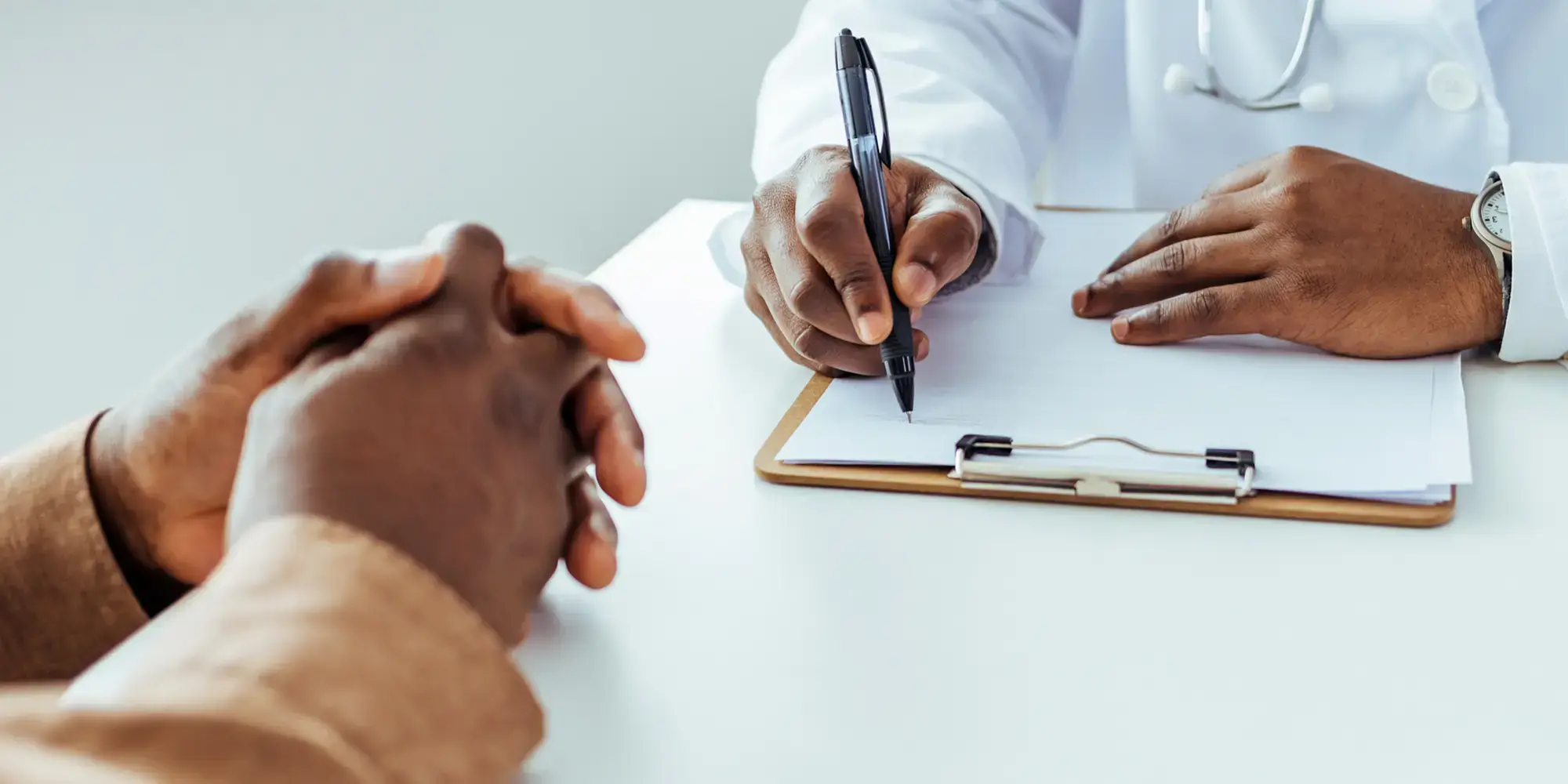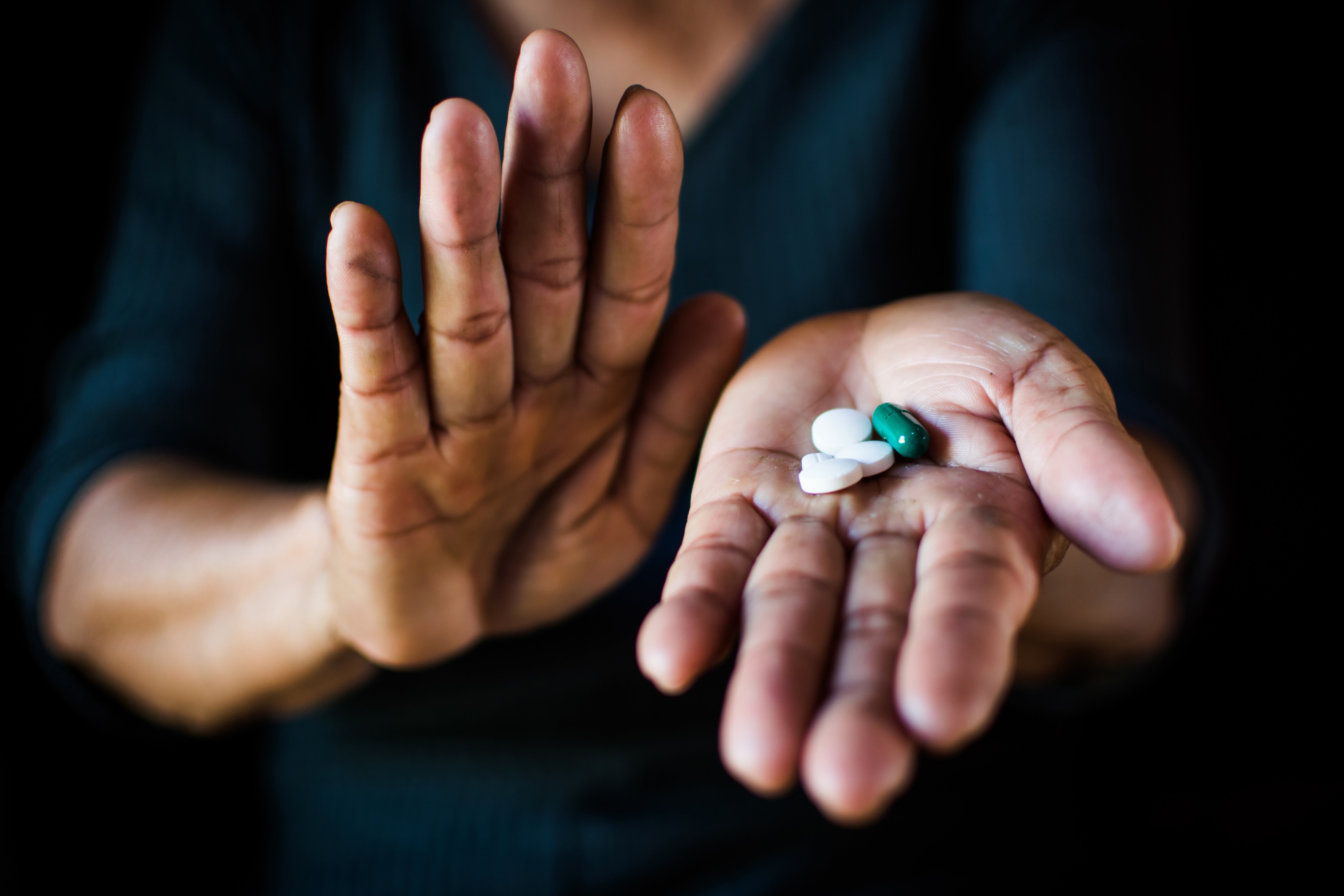Despite efforts over the years to improve health literacy in areas such as preventive medicine and chronic disease management, nearly nine out of 10 adults still struggle with making informed decisions about their health. Defined as “the degree to which individuals have the ability to find, understand, and use information and services to inform health-related decisions and actions for themselves and others,” health literacy has a significant impact on an individual’s ability to navigate the healthcare system. Low health literacy in particular can make it difficult for people to decide whether or not to participate in a clinical trial.
According to a 2020 National Cancer Institute survey, 41% of Americans said they didn’t know anything about clinical trials. Because of the lack of awareness, only 2% to 4% of adult cancer patients participate in clinical trials, while 20% of cancer trials fail due to insufficient patient enrollment.
Improving health literacy may serve as a bridge to increasing clinical trial participation, which is necessary not only for the successful development of new medicines, but also for preventing and treating diseases. It is especially critical to educate diverse populations about the benefits of clinical trials and how they potentially help reduce health disparities in disease status. People with the same disease may experience it differently, making it critical to include study participants from a variety of ethnic, gender, sexuality, and socioeconomic backgrounds.
Learning how to communicate with diverse populations requires a multi-faceted approach that is culturally responsive and tailored to meet potential trial participants where they live, work, or participate in community life. The result of these efforts is that it promotes engagement and builds trust in the process.
Why Improved Health Literacy Improves Outcomes
Health literacy significantly enhances clinical trial outcomes and can be advanced by providing trial participants with accessible and understandable educational materials, including the informed consent form and study requirements. This means making materials available at different reading levels and in different languages, using examples reflective of the target populations’ communities to increase comprehension.
Improving health literacy can also help increase diversity and accessibility in clinical trials. Ethnic minority and low-income populations are disproportionately affected by low health literacy, and they are also underrepresented in clinical trials. While the National Institutes of Health (NIH) requires that minority populations be represented in clinical research, the Food and Drug Administration (FDA) reported that of 32,000 individuals who participated in clinical trials in 2020, only 11% were Latinx, 8% were Black, and 6% were Asian. The FDA has provided guidance to investigators for increasing trial diversity and now requires that investigators submit enrollment plans for review by the agency.
How to Effectively Communicate with Diverse Populations
One of the main reasons people don’t participate in clinical trials is that they simply aren’t aware of them. According to the NIH, 85% of patients are unaware or unsure that participating in a clinical trial may be an option when they are diagnosed with a disease. Three-quarters of those patients, however, said they would have been willing to enroll in a clinical trial had they known they had the option.
Increasing awareness of clinical trials in minority and underrepresented populations often requires an on-the-ground approach. Meeting people where they are — whether that’s in their communities, through digital platforms, or other mediums — can assist in increasing awareness, answering questions, and eliminating barriers to clinical trial participation. Most potential participants do not learn about clinical trials from their healthcare provider or a visit to a research site on their own, so it is important to bring that information to them. It is equally important to recognize the role cultural competence can play in reducing any stigma or misconceptions around clinical trials.
Minority populations may be hesitant about participating in clinical trials due to past abuses by healthcare researchers and clinicians that have fostered mistrust in the healthcare system. With a presence in over 70 U.S. cities, Ichor Strategies approach to community engagement has demonstrated that it possible to resolve barriers to healthcare access by engaging local community leaders, listening to community members, and creating partnerships that benefit communities, their residents and the healthcare industry.
Solutions for Implementing Clinical Trials and Health Equity Education Tools
Community engagement plays a critical role in successfully implementing health equity education tools across diverse communities. But it cannot be a one-time effort — building capacity, trust, and meaningful relationships within a community requires sustaining genuine relationships with its members.
One way to build trust is to partner with key influencers such as faith leaders and local advocates who often understand the climate of the community and its nuances. As trusted figures in the communities, they often can help close the gap between pharmaceutical companies and potential clinical trial participants. By working together with community partners, companies can gain valuable insights into concerns the community might have and learn the best ways to allay any apprehension.
Community leaders are also more likely to be tuned into where members gather and how they receive and consume information. For example, faith leaders might be aware of how parishioners learn about health-related services, be it in a hometown newsletter, through word-of-mouth, or at a local barbershop.
How Ichor Helps Enhance Health Literacy and Clinical Trial Participation
Empowering communities and individuals with the knowledge they need to make informed decisions is crucial for improving disease management and clinical trial participation. When done effectively, it enhances our opportunities to achieve better health outcomes, and moves the society toward comprehensive health equity. Ichor specializes in creating tailored communication strategies that reach diverse populations where they are and fostering trust and engagement.
Contact Ichor today to learn how we can help you navigate the complexities of health literacy and improve clinical trial participation.




